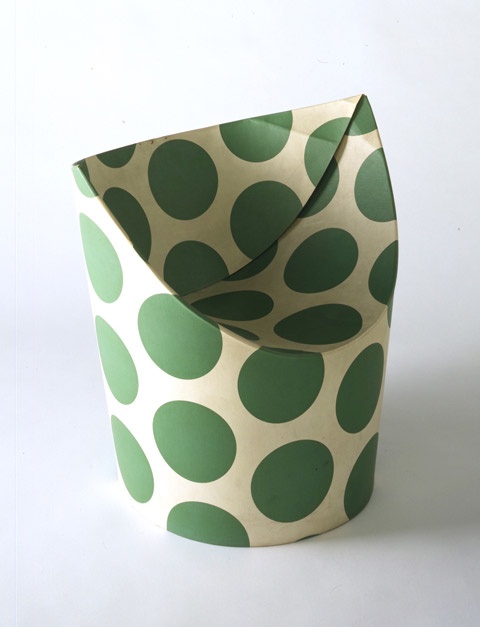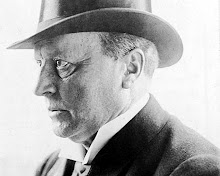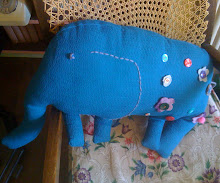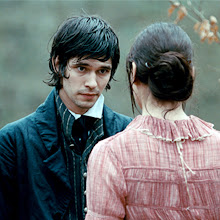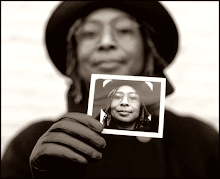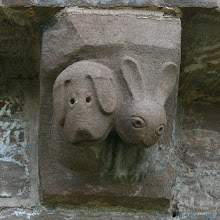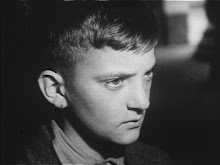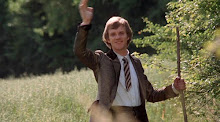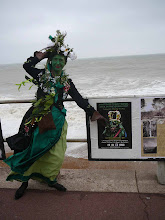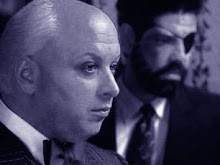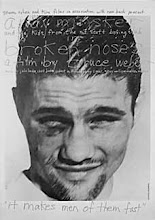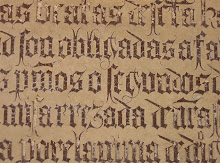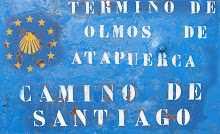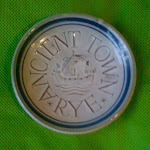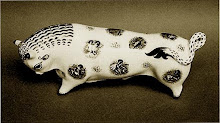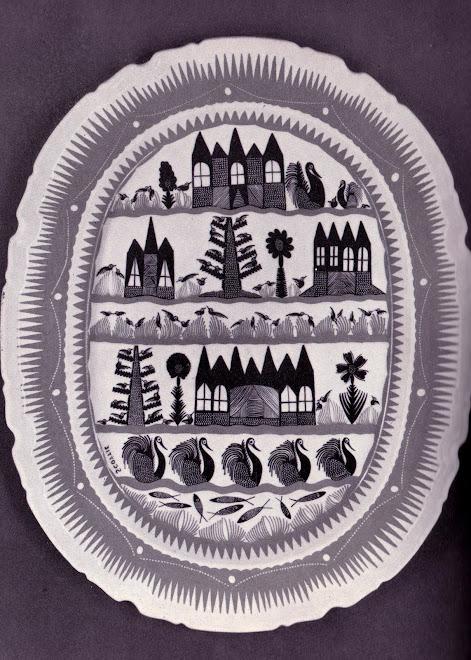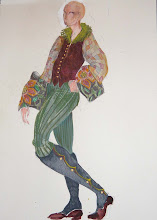
Released in 1991, 'Behaviour', the fourth studio album by the Pet Shop Boys somehow became an instant elegy for a generation. The collection of songs were deemed by Entertainment Weekly to be 'heartfelt expressions of romantic distress, plus their best tunes yet'. Elsewhere, epithets such as 'sublime', 'unforgettable' and 'magnificent' were bandied about the popular music press of the time. In his blog 'A Film Canon', Billy Stevenson echoes the sentiments of all for whom the album remains firmly lodged within the heart and mind as ' pop music's answer to Proust's madeleine', and so it proves (and continues so to do) with the passing of the years, despite what has continued to be the PSBs burgeoning pop canon. The video for 'Being Boring'. the album's opening salvo (and arguably, it's most unforgettable song) was shot by Bruce Weber and, watching again with the sober benefit of experience, it appears somehow akin to a Golden Age before the Deluge, with it's seductive images of sublimely beautiful young people at play in a perfect world; somehow, as though the Jeunesse D'ore of Alain-Fournier's 'Le Grand Meaulnes' have been beamed to the suns of California, and suffused with the perceived perfection of an Abercrombie and Fitch universe. Stevenson continues that 'Behaviour' 'deals more with mnemosexuality than homosexuality; that is, sexuality as a search for sexuality, a journey limited by its own vocabulary, and so only accessible in terms of more general, ostensibly asexual, expressions of yearning. It feels as though the Boys only invoke betrayal- and more generally, the confessional mode- as a pretext for wider reflections on the passage of betrayal and time', and so it proves for me, all these years later, a bringing to mind (as it specifically did with Tennant) all of those who have been swept away by the ravages of time and circumstance- yet remain in memory as sharply as do these songs. As 'Court and Spark', Joni Mitchell's sublime, LA-infused album of 1974 similarly attests, there are collections of songs which simply fuse us irrevocably to our time, and can never set us free. 'Behaviour', therefore, is the touchstone for a generation of gay men, in particular- which fixes us to period when our world was less grave, but which still somehow allows us that breath of memory, the joys of love and friendship- and a recollection of a time before the Fall.
When Tennant was interviewed for the South Bank Show in 1991, he spoke eloquently about 'Being Boring'. 'A lot of our songs come about through personal experience. 'Being Boring, which I think is one of our best songs,..I was reminded of a party we had when I was living in Newcastle as a teenager' - and where the invitation purportedly contained a quote from Zelda Fitzgerald; 'She was never bored, mainly because she was never boring'.
Tennant went on to say that 'a very good friend of mine from that era had died of AIDS, so [the song] was a kind of an elegy for him, for the part of myself in Newcastle, all my friends in Newcastle, when I went to London, what I was doing then, but he wasn't there. And so it became a really elegiac song'. He also states that 'Being Boring' was 'also an attempt to do a Stock, Aitken and Waterman thing, believe it or not'. At it's essence, 'Being Boring' describes three distinct forms of remembrance; personal, familial and communal and, to quote Billy Stevenson once again 'conflates them in such a way as to characterize Neil Tennant's subjectivity as a mere function of his inescapable memory, and love as a mere memory in the making'. Elsewhere on the album, is the sweeping, magnificent 'This must be the Place I Waited Years to Leave', a song-testimony to the rigors of a Catholic school upbringing, and which, if memory serves, during the concert performances of their second tour, saw Chris Lowe in short trousers and a school cap. It could equally be the clarion for all of us who endured the bullying and privations of a Secondary education. 'My October Symphony' continued Tennant's fascination with Russian history, but also succeeded (as do so many other PSB songs- witness 'Go West' on 1993's 'Very', in referencing a sub-text way beyond the Village People original, a love-lament for all of those who leave their home to seek a fabled 'promised land' elsewhere). Stevenson speaks of 'Jealousy', the album's ultimate track, as set in a London apartment 'in which the past is almost architectural, so concrete is its presence'.
For me, 'Behaviour' is forever the windswept majesty of Dungeness, and the animated trips into Rye with Derek Jarman, It is also the rooms of Streatham Hill, and of my dear friend David Kirkup, and my seventh-floor flat on the Old Kent Road. Listening again from the vantage-point of some twenty years, I am immediately transported back to these places and these people, and am more than glad to linger there for the duration; 'Behaviour' then, as a threnody for all that has gone before -and just maybe- for a domain now lost to us forever. A small photograph on the rear page of the CD boooklet shows the empty Arts and Crafts chair that Lowe has occupied on its front cover, the roses they cradle now strewn on the floor. If ever there was a metaphor for loss, the remembrance of time past (to plunder the Proustian epithet once more) this is it. One thing is for certain; it is with 'Behaviour' that the fabled chance-meeting of Tennant and Lowe in a King's Road hi-fi store truly reaches its apotheosis, and we, for all our gratitude, will never be the same again.


